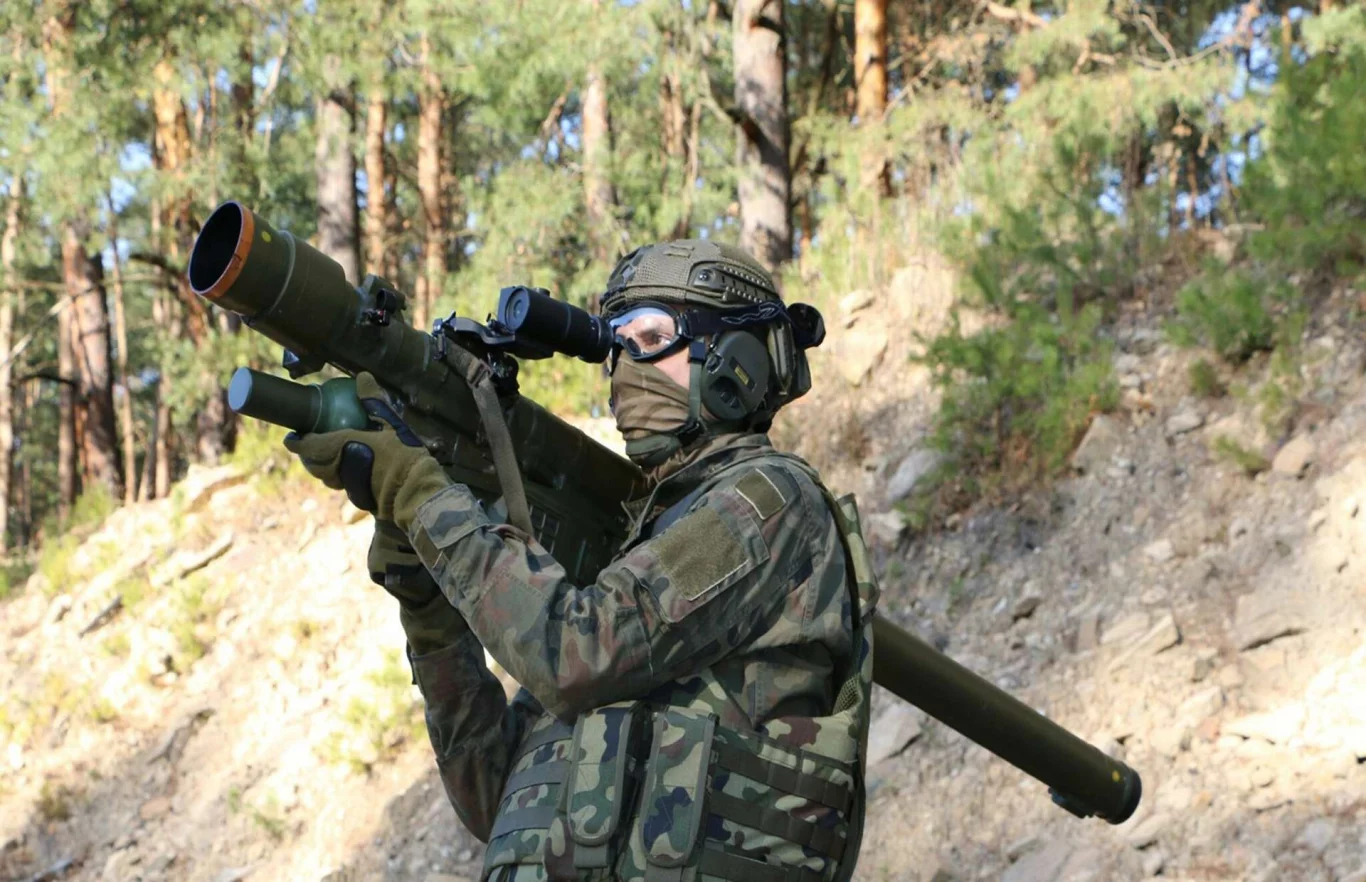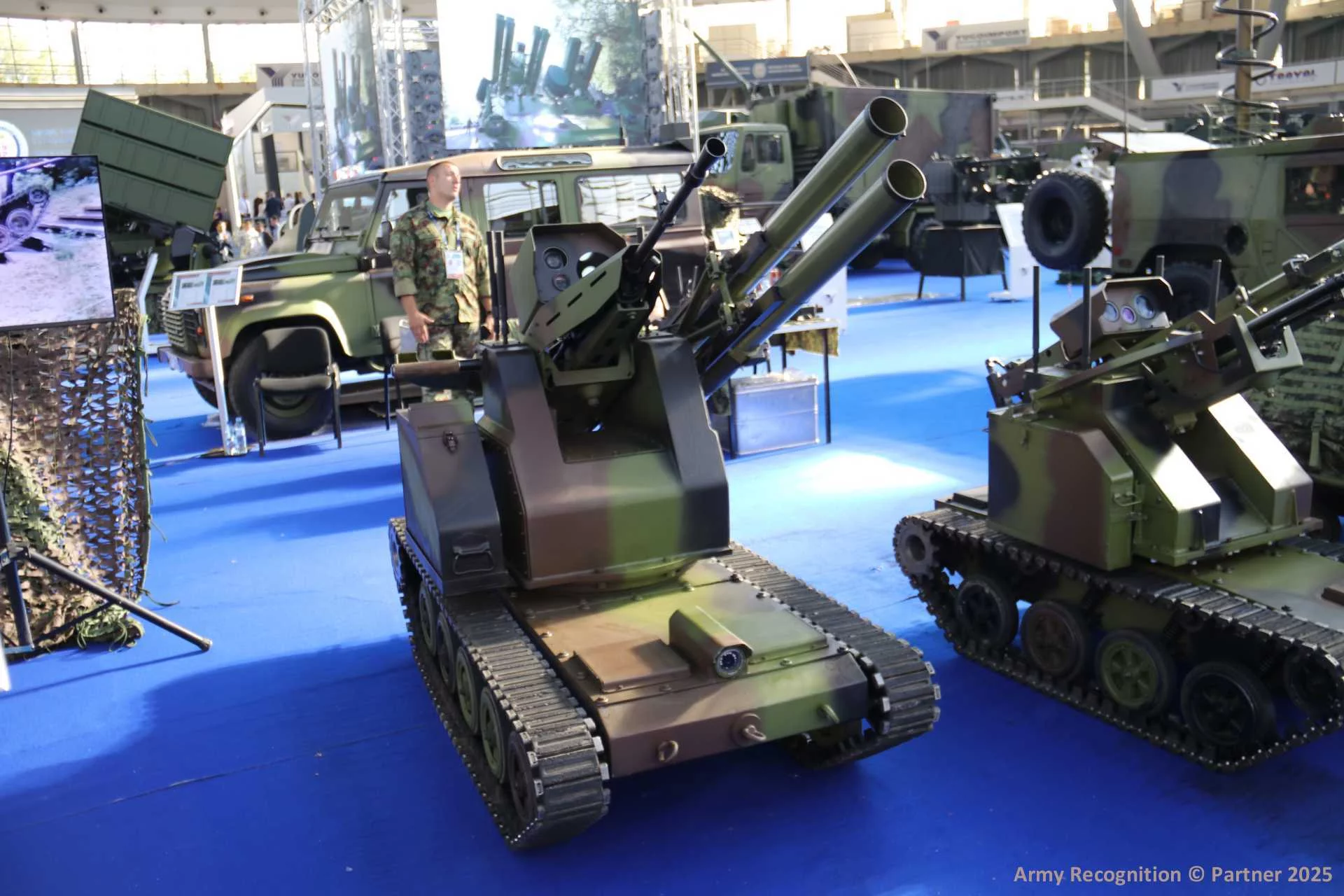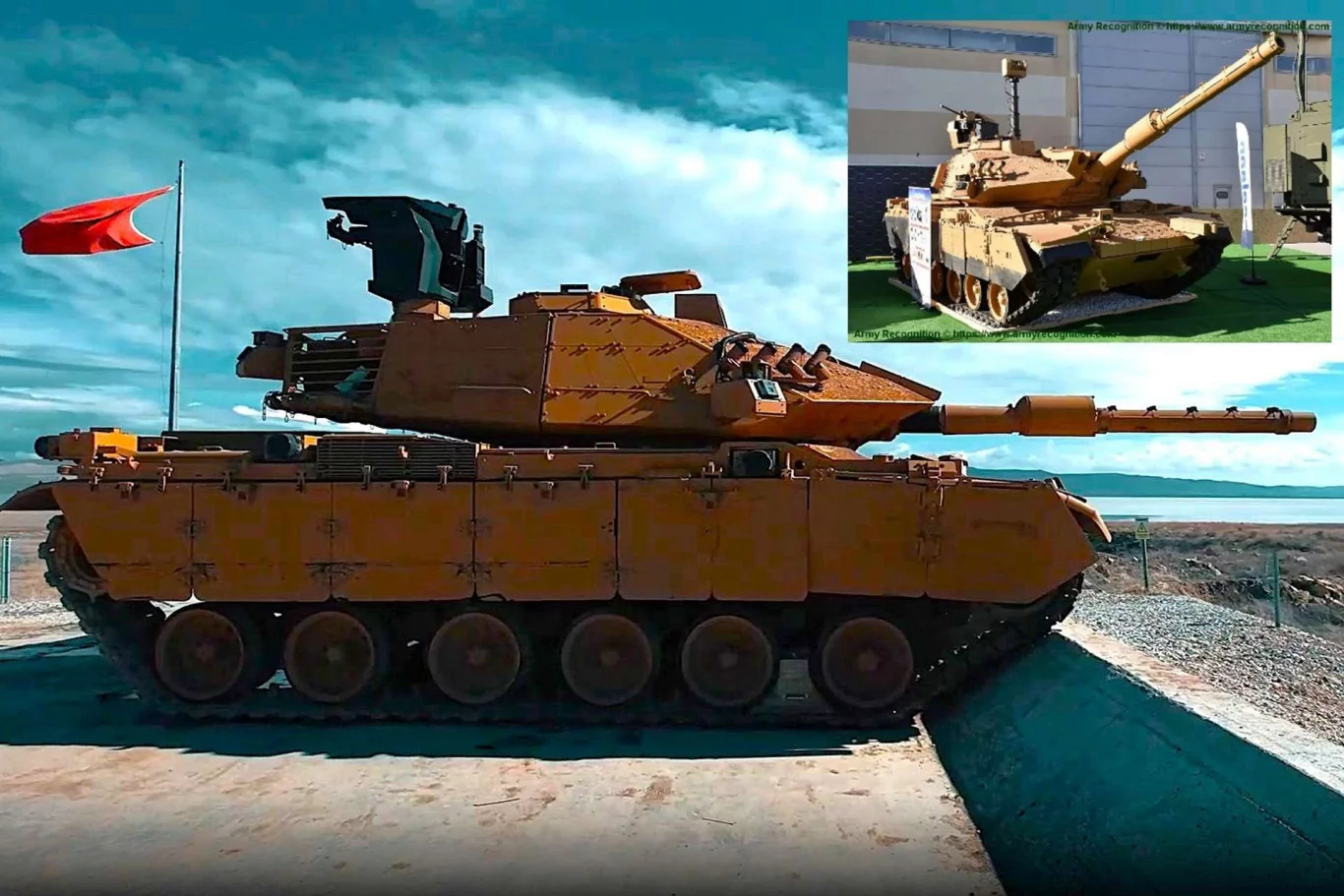In a remarkable display of national industrial capability and strategic foresight, Poland’s defense sector has achieved a significant milestone: the production of its Piorun anti-aircraft missile system has now reportedly surpassed the combined output of the highly respected U.S. Stinger and French Mistral MANPADS (Man-Portable Air-Defense Systems). This extraordinary achievement, revealed by the Polish armament manufacturer Mesko S.A. through its head, Elżbieta Śreniawska, underscores Poland’s burgeoning role as a vital contributor to European and global defense, particularly in the critical domain of air defense. Far from being merely an incremental increase, this surge in production represents a profound strategic advantage for Poland and its allies, providing a robust and readily available solution to the ever-present threat of aerial incursions, a lesson brutally highlighted by ongoing conflicts in Eastern Europe.
The Piorun (meaning “Thunderbolt” in Polish) is not just another portable air-defense missile; it is a sophisticated evolution of the earlier GROM system, meticulously designed to counter a wide spectrum of aerial threats, from fixed-wing aircraft and helicopters to unmanned aerial vehicles (UAVs) and cruise missiles. What sets the Piorun apart is its advanced infrared homing seeker, which boasts enhanced sensitivity and a superior resistance to various countermeasures, including flares and jamming techniques. This makes it exceptionally difficult for adversary aircraft to evade, even with advanced defensive systems. Furthermore, the Piorun offers multiple targeting modes, including a “fire-and-forget” capability, allowing the operator to immediately seek cover after launch, significantly increasing survivability on the battlefield. Its extended engagement range and altitude ceiling compared to many older MANPADS further solidify its position as a truly modern and highly effective air-defense weapon, providing crucial layers of protection for ground forces.
Mesko S.A., the state-owned Polish armaments company responsible for the Piorun’s development and production, has been working tirelessly to scale up its manufacturing capabilities. The announcement from Elżbieta Śreniawska highlights the impressive operational efficiency and strategic planning that has allowed the company to achieve such a dominant production rate. This isn’t just about assembling parts; it involves a complex supply chain, skilled labor, rigorous quality control, and substantial investment in manufacturing infrastructure. The ability to outproduce established giants like the Stinger and Mistral, both of which have been in service for decades and benefit from mature production lines in major defense industrial nations, speaks volumes about Poland’s commitment to self-sufficiency and its growing industrial prowess in the defense sector. It positions Mesko S.A. and, by extension, Poland, as a reliable and capable supplier in a global market desperately seeking effective air-defense solutions.
The heightened demand for MANPADS, and the context in which Piorun’s production is surging, cannot be overstated. The ongoing conflict in Ukraine has dramatically underscored the critical importance of layered air defense, particularly the need for effective, mobile, and relatively low-cost systems to counter diverse aerial threats. From high-altitude fighter jets to low-flying helicopters and the pervasive threat of drones, ground forces require immediate, localized protection. MANPADS like the Piorun, Stinger, and Mistral have proven invaluable in these scenarios, offering frontline troops the ability to defend themselves against aerial attacks that might otherwise overwhelm traditional, larger air defense systems. Poland, directly bordering the conflict zone, has a vested interest in strengthening its own air defense capabilities and supporting its allies, making the rapid production of Piorun a strategic imperative.
This impressive production rate holds significant strategic implications for Poland. Firstly, it substantially enhances Poland’s own national air defense posture, providing its armed forces with a robust shield against potential aerial threats and increasing its deterrent capabilities. Secondly, it positions Poland as a leading exporter of critical defense technology, strengthening its geopolitical influence within NATO and among other allied nations. The ability to supply a high-performing, combat-relevant system at a scale unmatched by competitors could open new markets and forge deeper defense partnerships. This is particularly relevant for nations looking to reduce reliance on a single supplier or seeking to rapidly modernize their air defense capabilities in an increasingly unstable world. The Piorun’s success is not just a commercial victory; it is a testament to Poland’s vision of becoming a key player in the European defense industrial base, moving beyond being solely a consumer of military hardware to a significant producer and innovator.
While the achievement is monumental, maintaining such a high production tempo and evolving the system to counter future threats will be ongoing challenges. The nature of aerial warfare is constantly shifting, with new drone technologies, electronic warfare tactics, and stealth aircraft continuously emerging. Mesko S.A. will need to continue investing in research and development to ensure the Piorun remains at the cutting edge, adapting to these evolving threats with software upgrades, new seeker technologies, and potentially integrating it into broader networked air defense systems. Furthermore, ensuring the sustainability of the supply chain for components and raw materials will be crucial to maintaining consistent production levels. However, the current success demonstrates that Poland has the industrial base, technical expertise, and strategic commitment to meet these challenges head-on.
In conclusion, Poland’s surpassing of combined Stinger and Mistral MANPADS production with its Piorun missile is a defining moment for its defense industry and a significant development for global air defense. It highlights the nation’s growing capacity for innovation and manufacturing in a critical sector, providing a powerful, domestically produced solution to modern aerial threats. As the demand for effective and reliable air defense systems continues to grow, Poland, through the success of its Piorun program, is firmly establishing itself as an indispensable player in safeguarding the skies of tomorrow.




